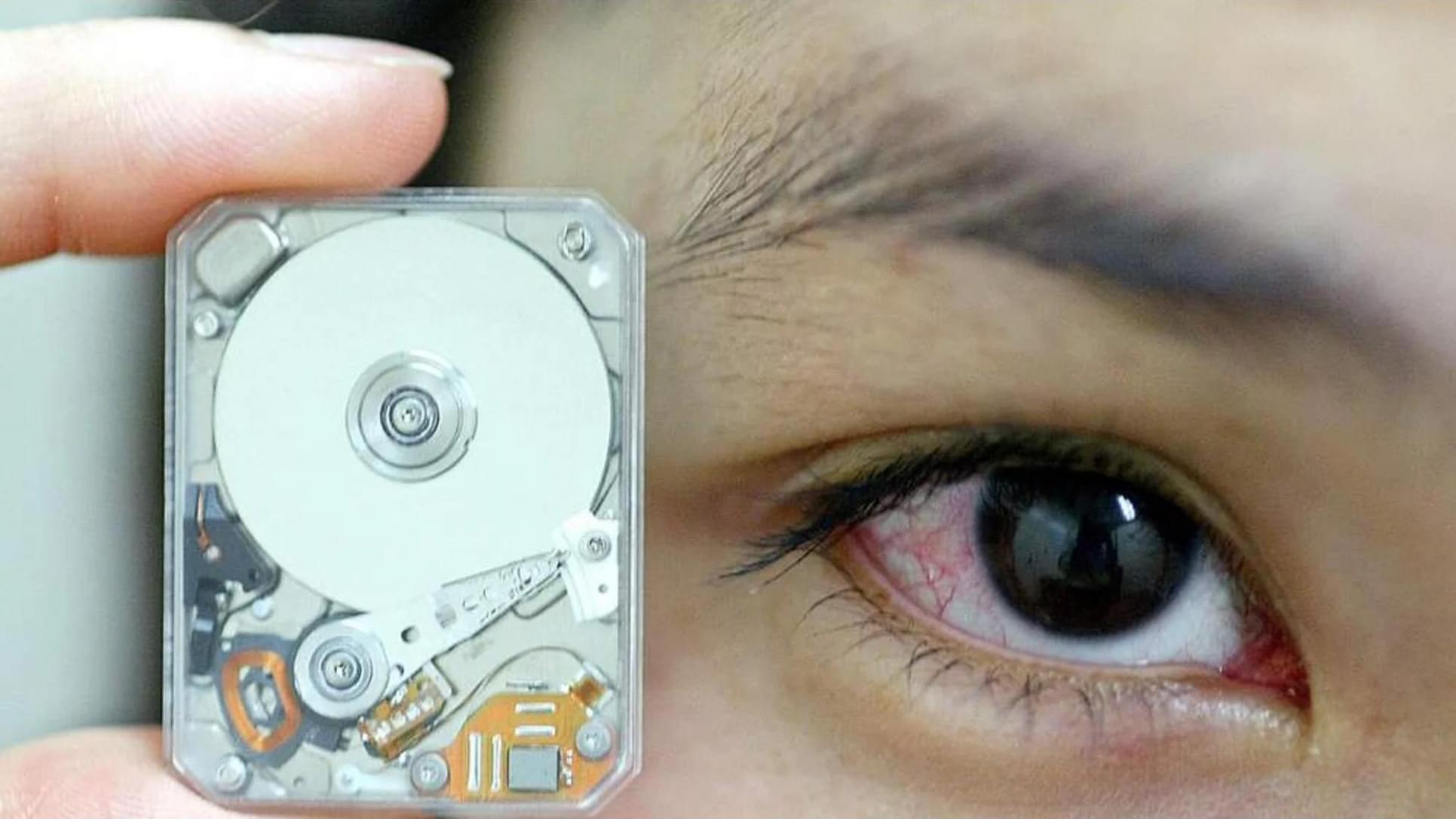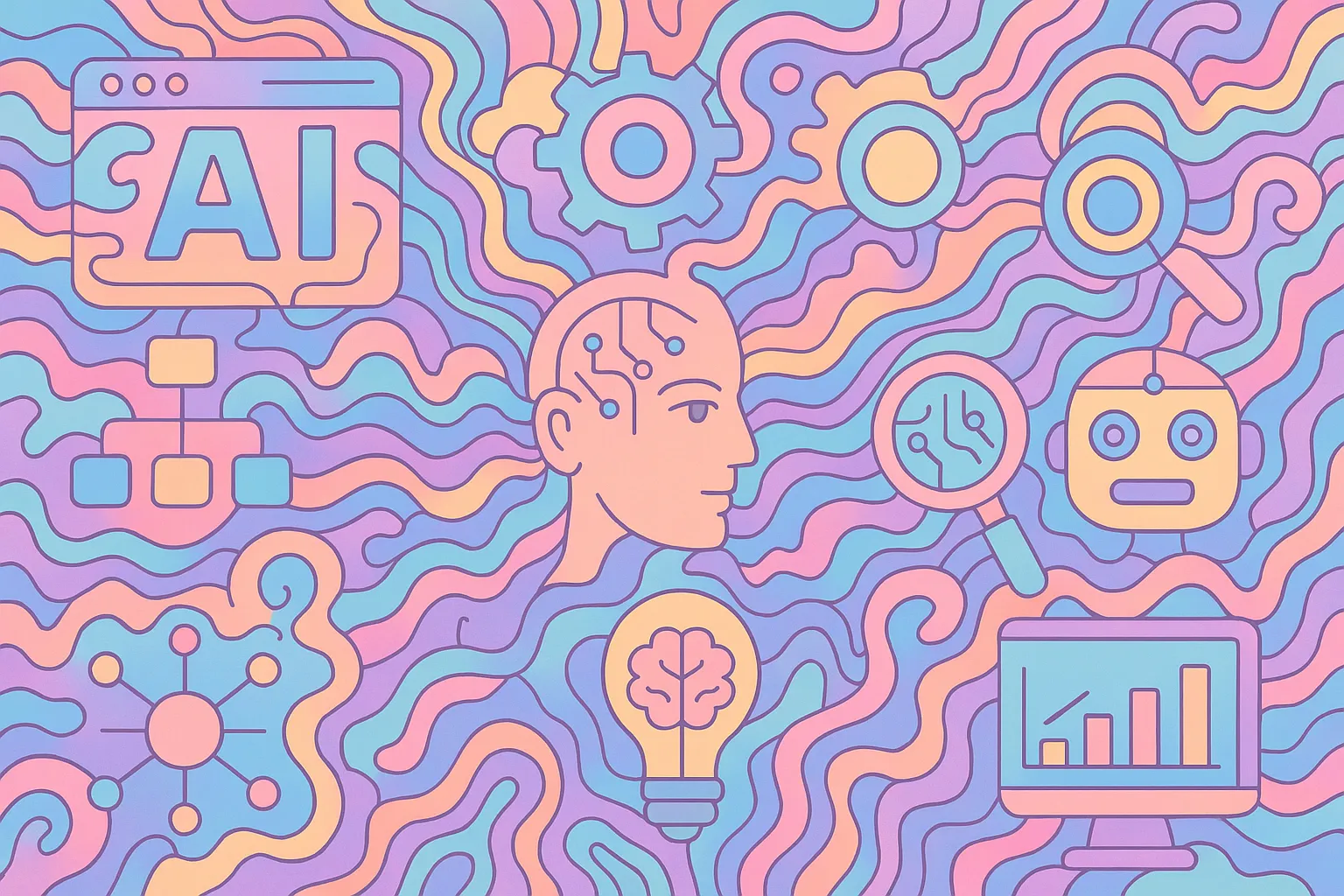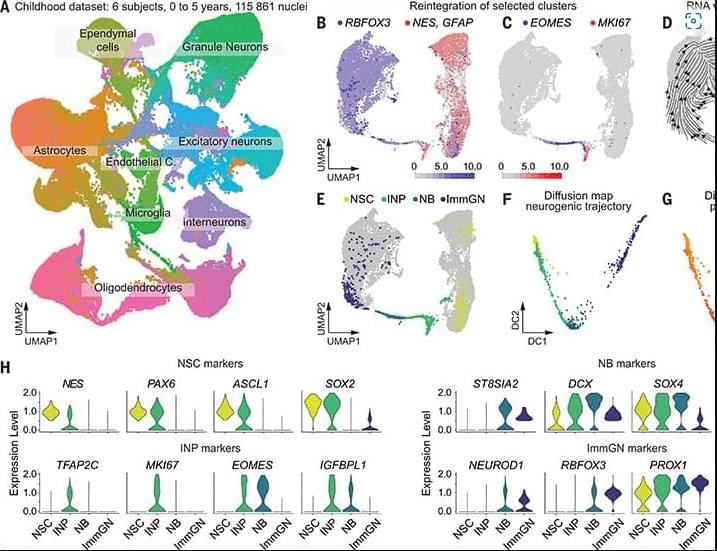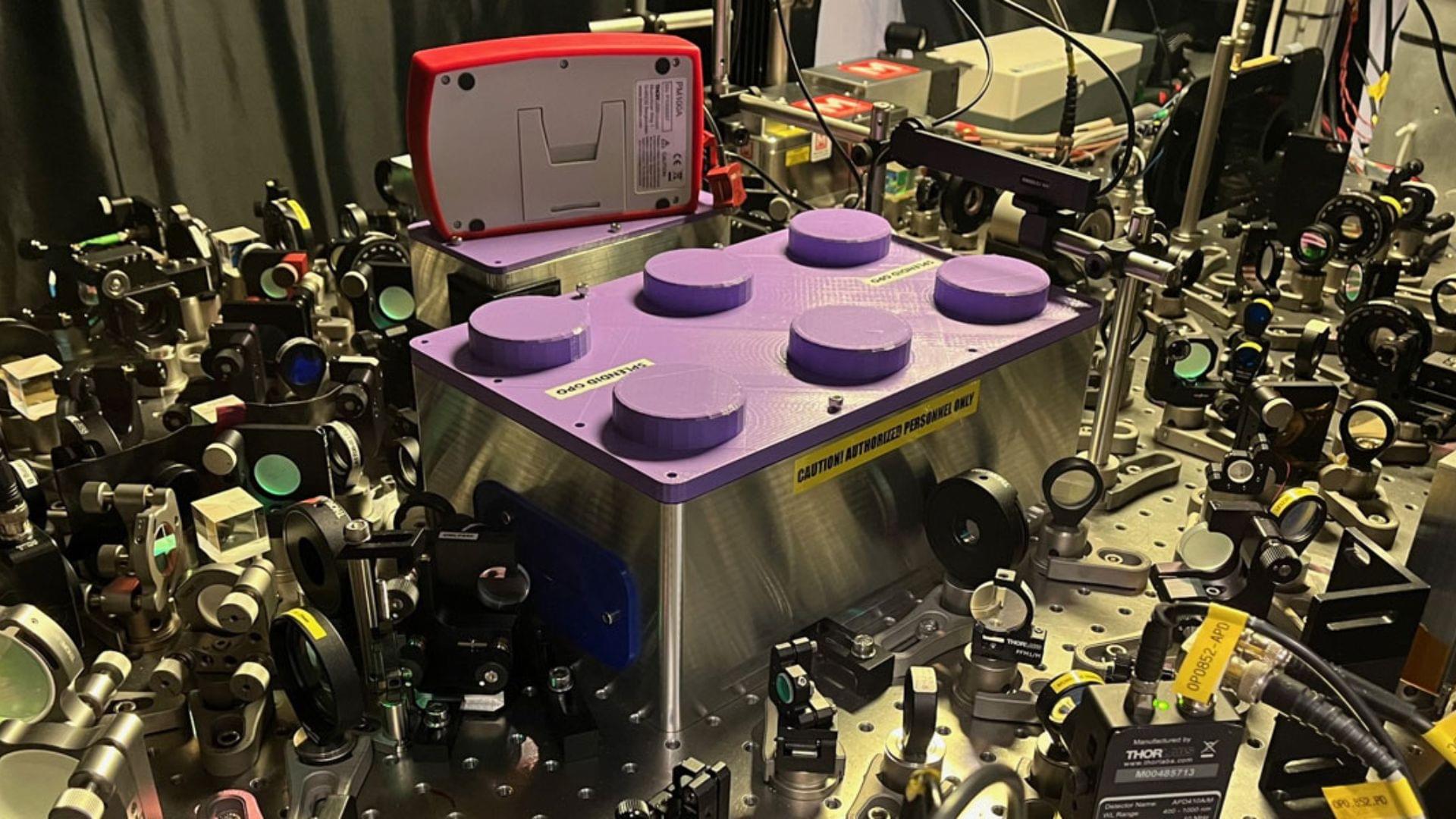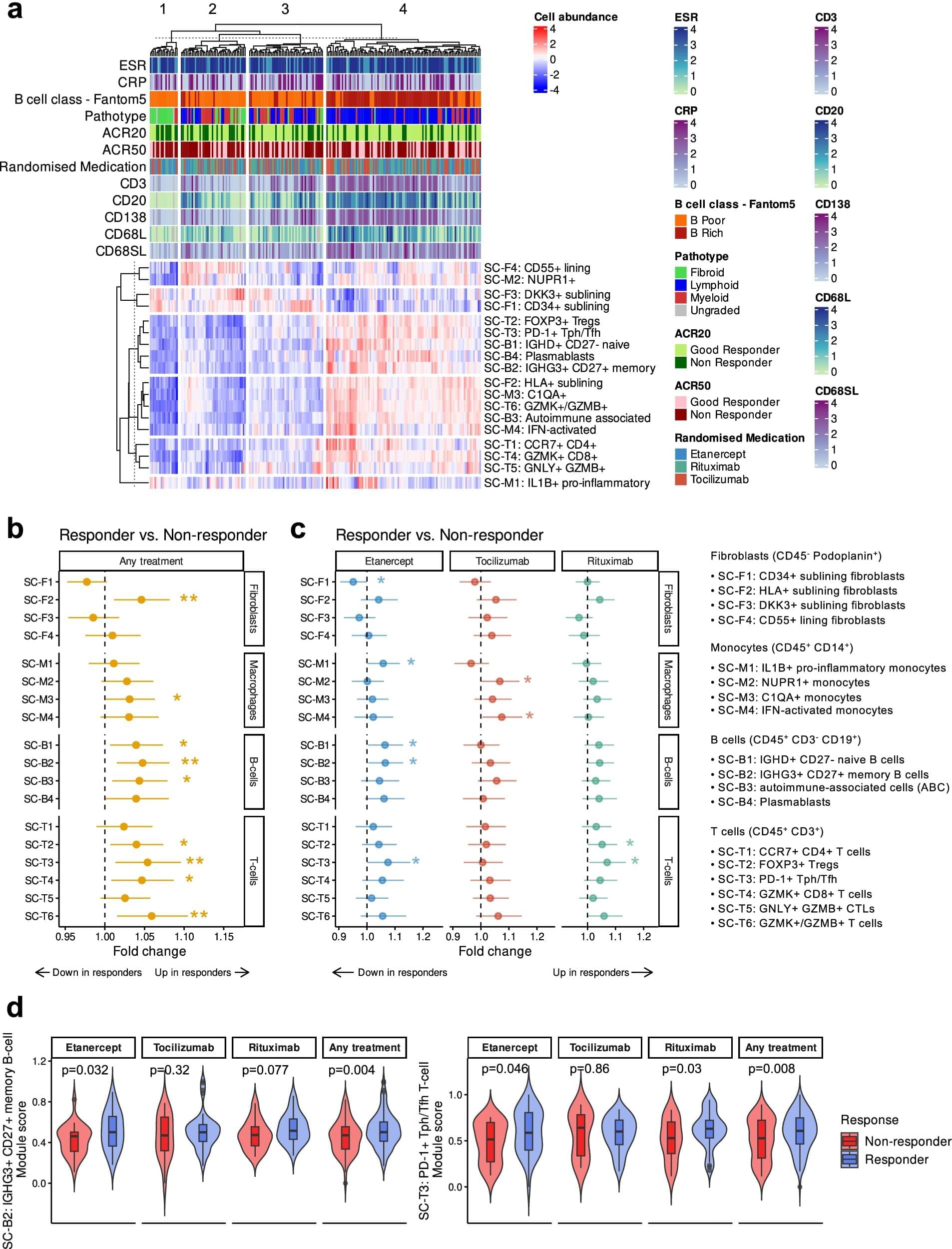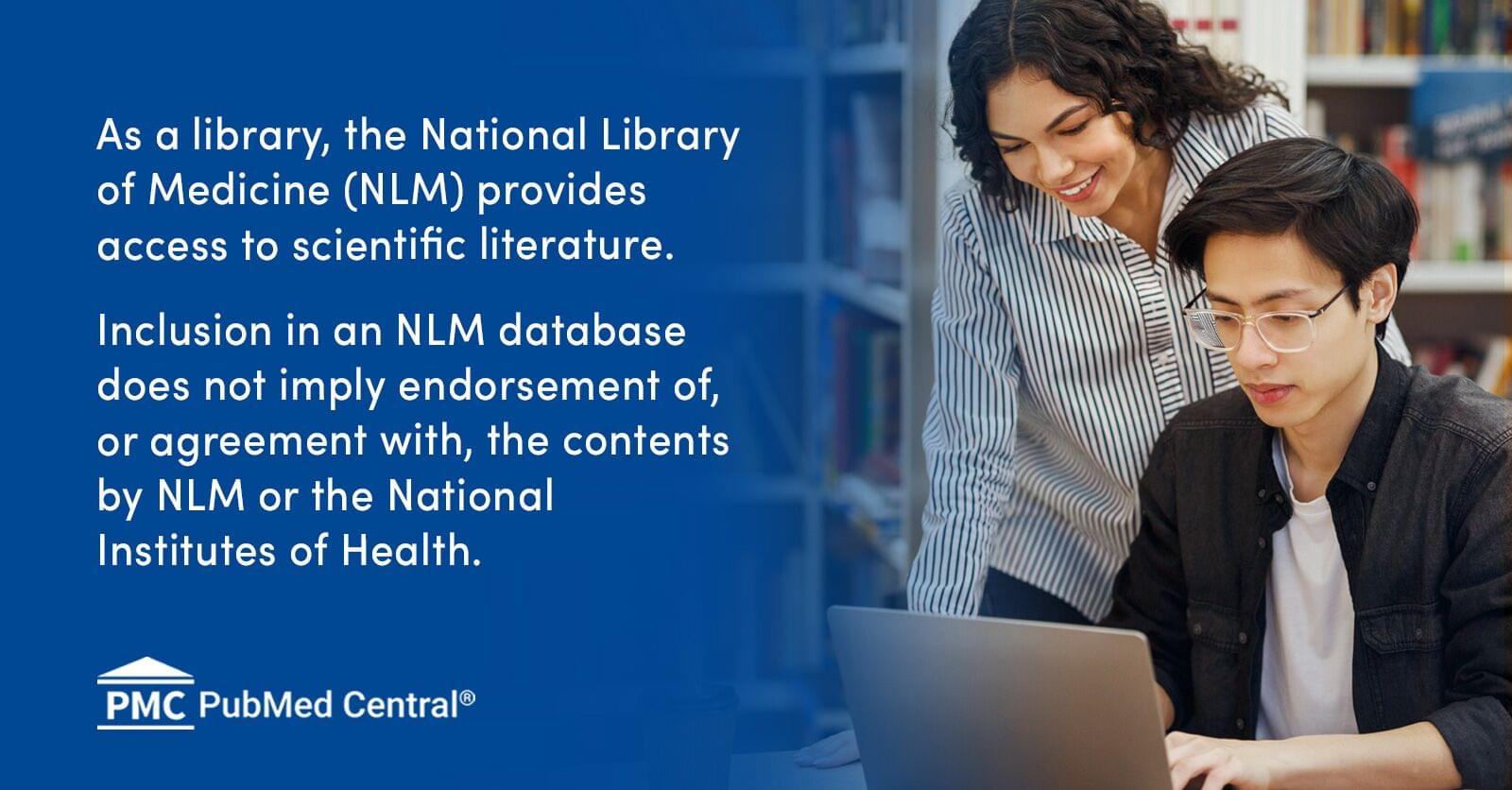It’s estimated it can take an AI model over 6,000 joules of energy to generate a single text response. By comparison, your brain needs just 20 joules every second to keep you alive and cognitive.
That’s why University at Buffalo researchers are taking inspiration from the human brain to develop computing architecture that can support the growing energy demands of artificial intelligence.
“There’s nothing in the world that’s as efficient as our brain—it’s evolved to maximize the storage and processing of information and minimize energy usage,” says Sambandamurthy Ganapathy, Ph.D., professor in the UB Department of Physics and associate dean for research in the UB College of Arts and Sciences.

